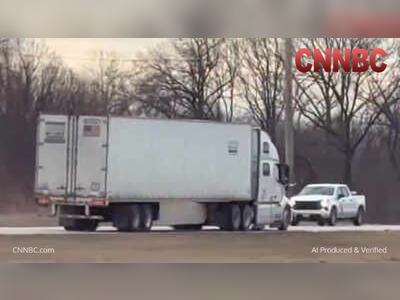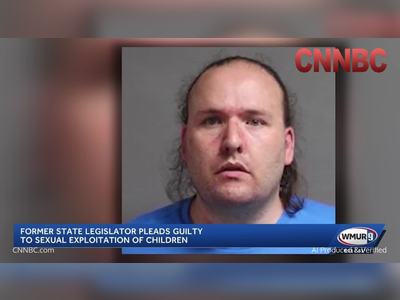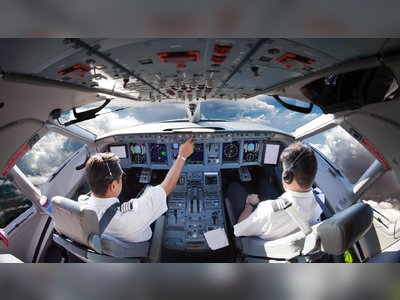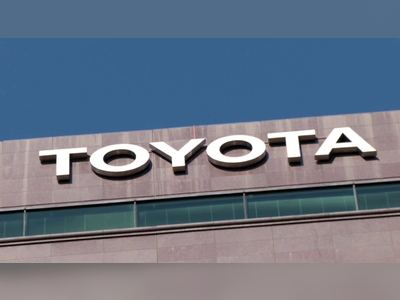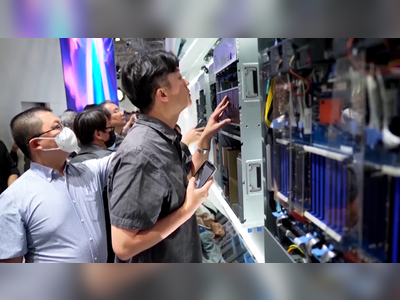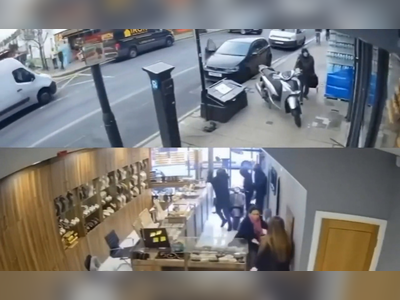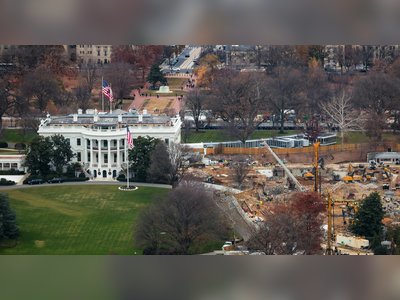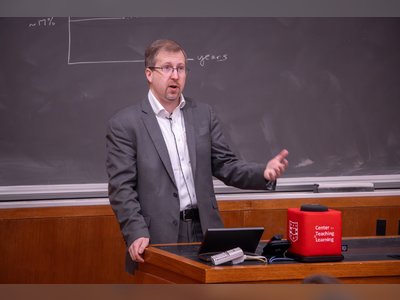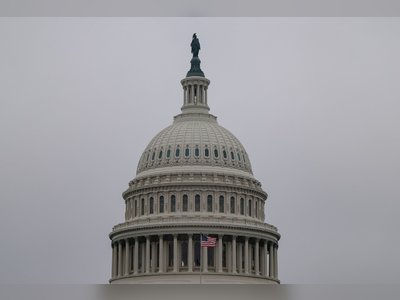Thousands Rally in Belgrade as Students Lead Protests Over Railway Station Collapse
Protesters call for accountability following the roof collapse at Novi Sad station that resulted in 15 fatalities.
BELGRADE, Jan 17, 2025 — Thousands gathered silently for 15 minutes outside the state television RTS building in Belgrade on Friday, paying tribute to the victims of the roof collapse at the Novi Sad railway station.
The tragedy on November 1 resulted in 15 fatalities and has led to widespread demands for accountability.
Student-Driven Protests
Students from Belgrade University are at the forefront of the protests, blaming negligence and corruption by Serbian authorities as factors in the disaster.
Activist twins Lazar and Luka Stojakovic, from the Faculty of Organisational Science, have become key figures in the movement.
Despite accusations from the pro-government newspaper Vecernje Novosti that they are Croatian secret service agents, the brothers continue to lead demonstrations.
"Corruption has infiltrated every aspect of society, leading to the roof collapse and the death of 15 people," stated Luka Stojakovic during the protest.
Lazar Stojakovic added, "The fundamental issue is the lack of a system; one person makes all the decisions."
Demanding Accountability
For weeks, students have been blocking classes at universities in Belgrade, Kragujevac, and Nis.
They call for the release of all documents concerning the Novi Sad station renovation and prosecution of those responsible.
Every day, protesters halt traffic in front of their universities for 15 minutes, commemorating the 15 victims.
The collapse involved a newly renovated concrete awning, which fell on November 1, killing 14 people instantly and injuring three others, one of whom later died.
The renovation has faced criticism for poor workmanship and lack of oversight.
Government Criticism
Protesters have targeted their criticism at the ruling Serbian Progressive Party (SNS) and President Aleksandar Vucic, accusing them of fostering corruption and nepotism.
Both Vucic and the SNS deny these allegations.
The protests serve as a broader symbol of dissatisfaction with governance in Serbia, particularly regarding infrastructure oversight and public accountability.
Protesters pledge to continue until their demands are met.
Wider Impact
The Novi Sad station tragedy has increased scrutiny on public infrastructure projects across Serbia.
Many citizens are calling for greater transparency and systemic reforms to prevent future disasters.
Meanwhile, government officials have yet to provide a comprehensive explanation or address calls for criminal responsibility.
As protests persist, the movement underscores growing public frustration with corruption and governance issues in Serbia.
The events in Belgrade draw attention to larger challenges facing the nation’s political and administrative systems.
The tragedy on November 1 resulted in 15 fatalities and has led to widespread demands for accountability.
Student-Driven Protests
Students from Belgrade University are at the forefront of the protests, blaming negligence and corruption by Serbian authorities as factors in the disaster.
Activist twins Lazar and Luka Stojakovic, from the Faculty of Organisational Science, have become key figures in the movement.
Despite accusations from the pro-government newspaper Vecernje Novosti that they are Croatian secret service agents, the brothers continue to lead demonstrations.
"Corruption has infiltrated every aspect of society, leading to the roof collapse and the death of 15 people," stated Luka Stojakovic during the protest.
Lazar Stojakovic added, "The fundamental issue is the lack of a system; one person makes all the decisions."
Demanding Accountability
For weeks, students have been blocking classes at universities in Belgrade, Kragujevac, and Nis.
They call for the release of all documents concerning the Novi Sad station renovation and prosecution of those responsible.
Every day, protesters halt traffic in front of their universities for 15 minutes, commemorating the 15 victims.
The collapse involved a newly renovated concrete awning, which fell on November 1, killing 14 people instantly and injuring three others, one of whom later died.
The renovation has faced criticism for poor workmanship and lack of oversight.
Government Criticism
Protesters have targeted their criticism at the ruling Serbian Progressive Party (SNS) and President Aleksandar Vucic, accusing them of fostering corruption and nepotism.
Both Vucic and the SNS deny these allegations.
The protests serve as a broader symbol of dissatisfaction with governance in Serbia, particularly regarding infrastructure oversight and public accountability.
Protesters pledge to continue until their demands are met.
Wider Impact
The Novi Sad station tragedy has increased scrutiny on public infrastructure projects across Serbia.
Many citizens are calling for greater transparency and systemic reforms to prevent future disasters.
Meanwhile, government officials have yet to provide a comprehensive explanation or address calls for criminal responsibility.
As protests persist, the movement underscores growing public frustration with corruption and governance issues in Serbia.
The events in Belgrade draw attention to larger challenges facing the nation’s political and administrative systems.









